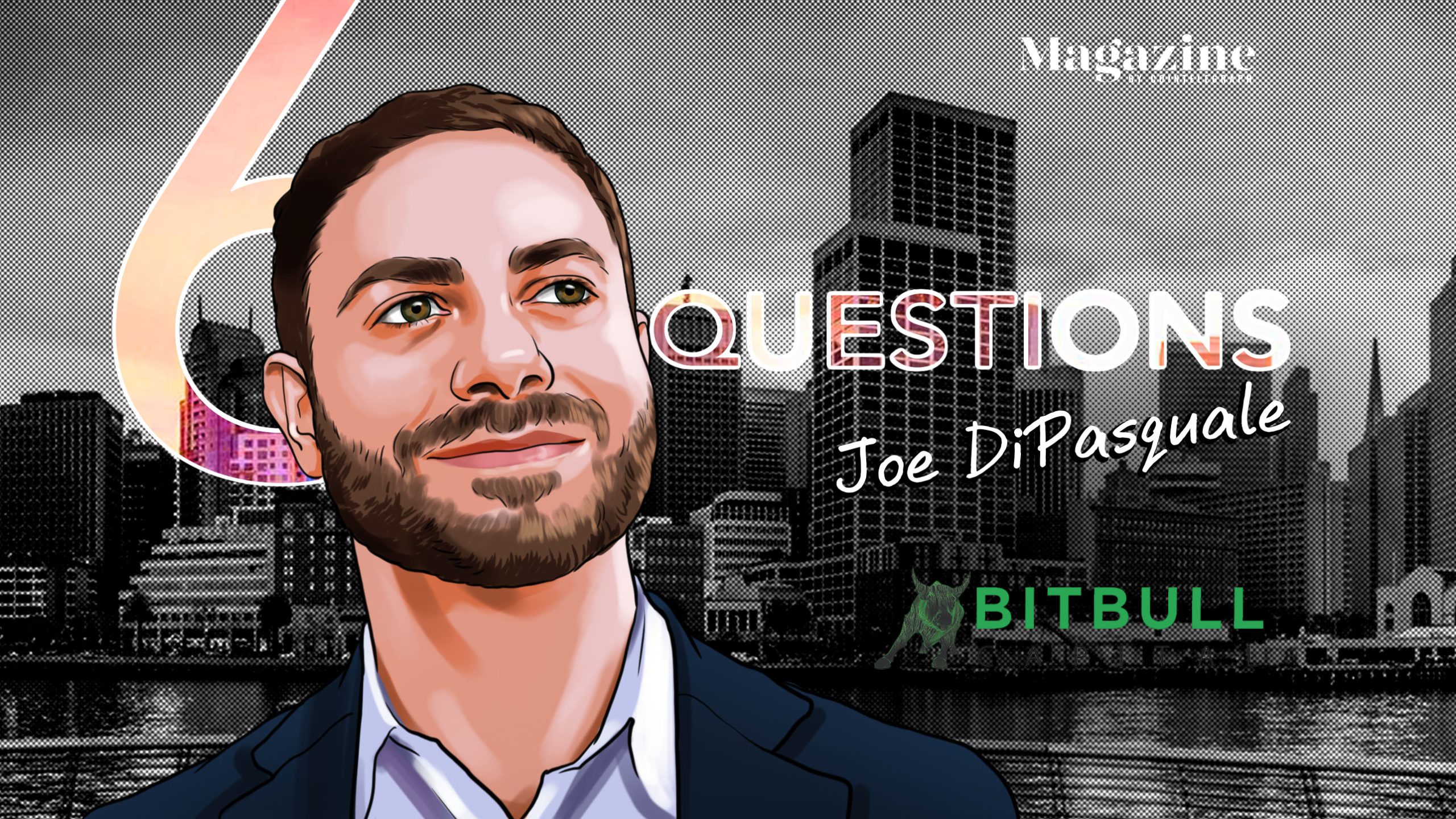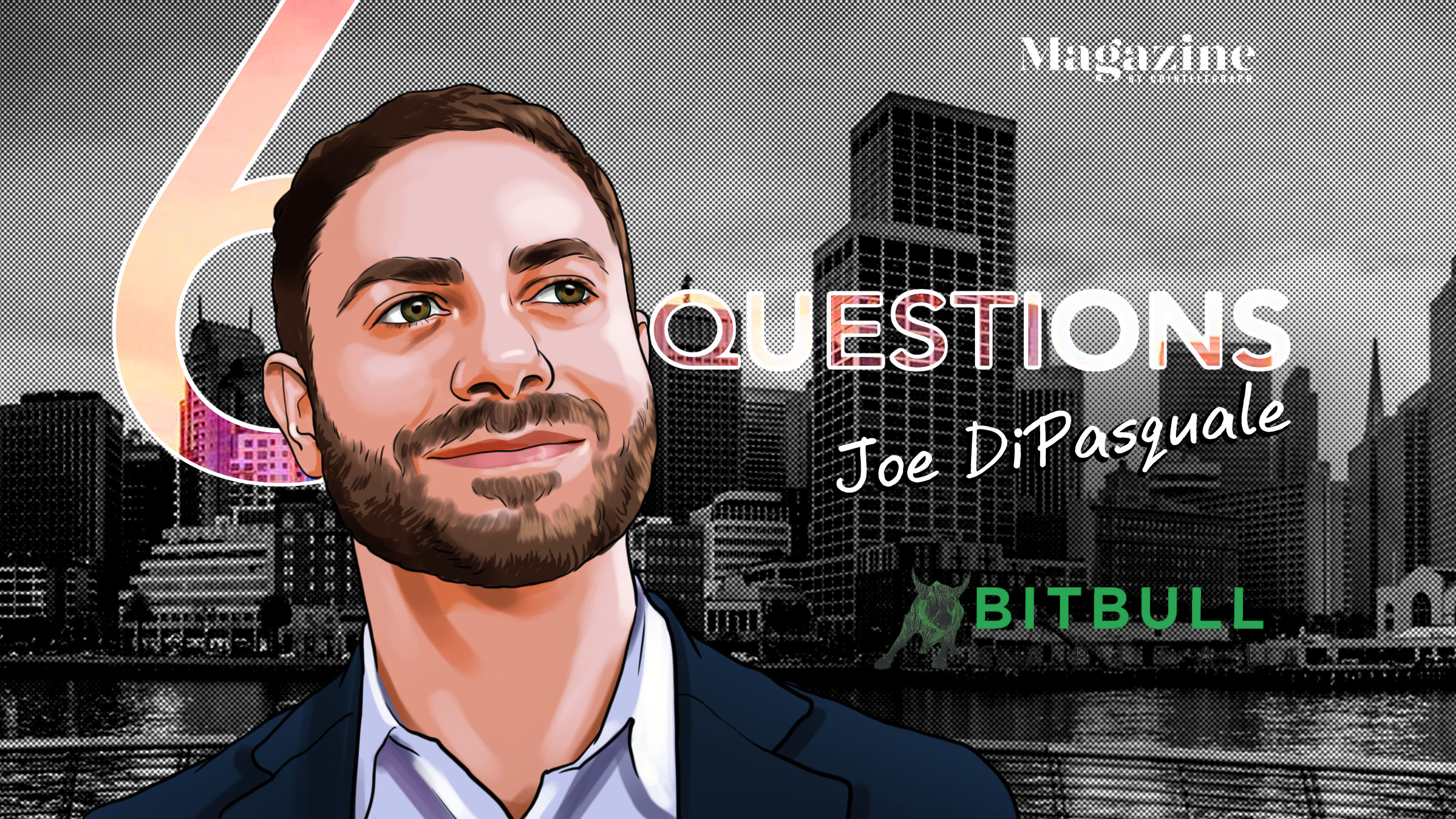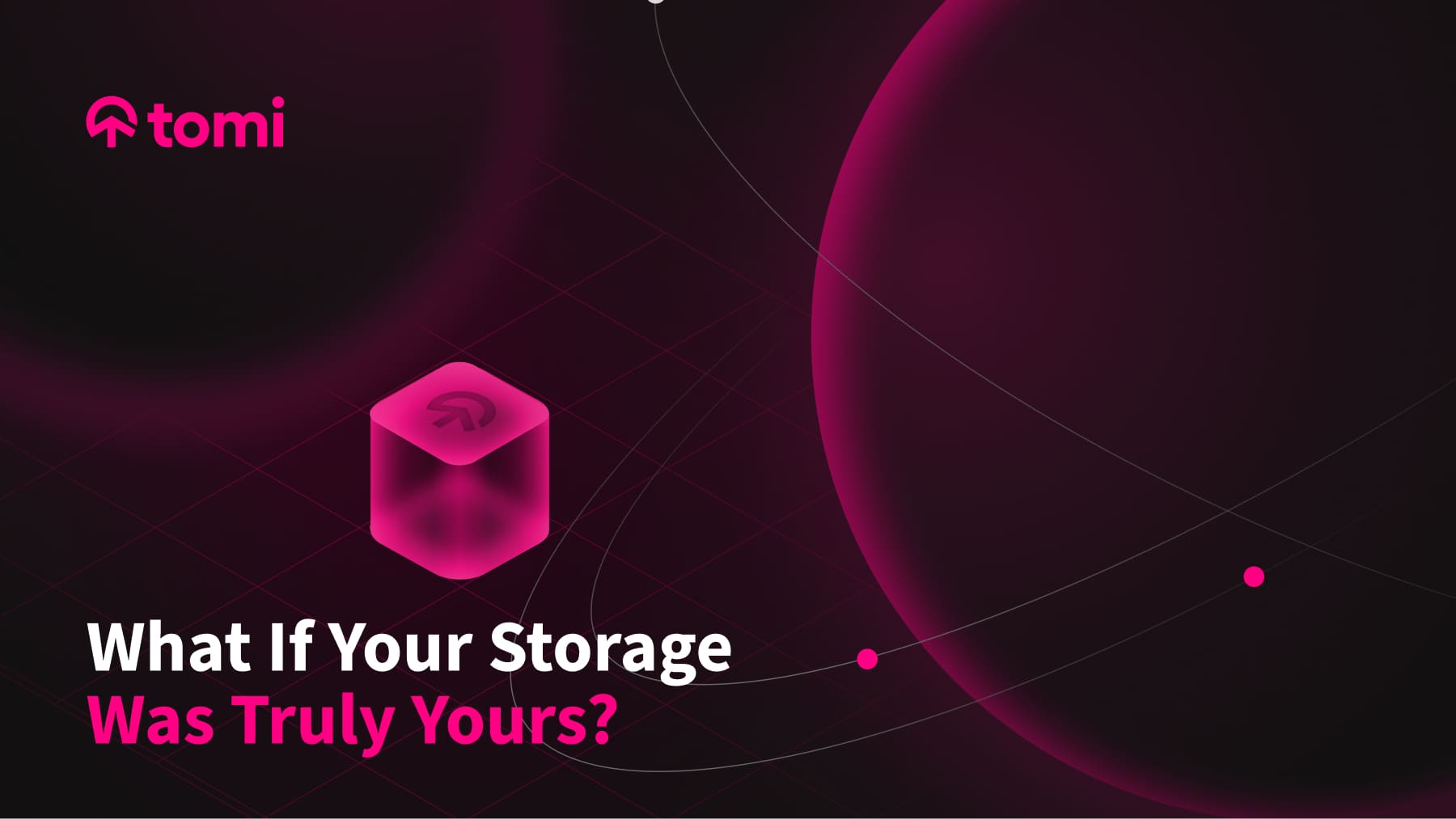
6 Questions for Joe DiPasquale of BitBull Capital – Cointelegraph Magazine
- Teresa Bach
- March 13, 2022
- Altcoin News
- 0 Comments

We ask the buidlers in the blockchain and cryptocurrency sector for their thoughts on the industry… and throw in a few random zingers to keep them on their toes! This week, our 6 Questions go to Joe DiPasquale, CEO of BitBull Capital — a company that manages a bundle of crypto hedge funds and has access to closed and exclusive funds.Joe DiPasquale is CEO of BitBull Capital, which has managed crypto hedge funds since 2017. Joe founded BitBull because he believes in active management in crypto investments. He has been an investor for 10 different crypto hedge funds, in addition to having run his own active strategies since 2013.Previously, Joe worked in investment management, investment banking, technology and strategy consulting at Deutsche Bank, Bain and McKinsey. He received his BA from Harvard University and MBA from Stanford University. BitBull also runs BitBull Research, which regularly publishes its “Crypto Investing Newsletter,” available with a free subscription on BitBull’s website, as well as its “Opportunistic Deals Memo,” available only to investors. 1 — What’s a problem you think blockchain has a chance to solve but hasn’t been attempted yet?Most problems that will be solved by blockchain aren’t yet solved. Ben Horowitz of Andreessen Horowitz has said that it’s similar to the App Store that came out on iPhones in 2008 — we couldn’t conceive of apps like Uber or Pokemon Go or others, but the technology was created. With blockchain, we are seeing its use in cryptocurrencies, DeFi, NFTs and the Metaverse, and even traditional finance, but most developments are still to come. 2 — What kind of consolidation do you expect to see in the crypto industry in 2022?I don’t believe 2022 will be a year of consolidation; rather, it will be a year of continued improvement of protocols, from Eth2 to various others such as Solana, Polkadot, Avalanche and more. While consolidation is inevitable, we are still in the early stages of development and expansion. This is a time for the creation and diversity of technologies. 3 — Which countries are doing the most to support blockchain, and which ones will be left behind?It will certainly be interesting to hear Biden’s planned executive order around crypto, but El Salvador has done the most to support blockchain and crypto. It was the first country to officially classify Bitcoin as a legal currency. There are other countries, like Japan and Switzerland, where blockchain development has been promoted and encouraged. And although it’s a territory, not a country, Puerto Rico is quickly becoming a hotbed of blockchain and crypto activity. 4 — When you tell people you’re in the blockchain industry, how do they react?It depends on how you phrase it. When I tell people about our positive returns through many down periods in crypto, such as the beginning of 2022, or about getting 15%–20% APY on stablecoins vs. 0.1% with a bank account, they are interested. When you simply tell people that you run a “crypto hedge fund,” they tend to not understand how it’s different from buying and holding Bitcoin. 5 — Who makes sense to you, and who makes no sense whatsoever?One of the most important things in investing is to be able to take in information from a variety of sources, including — and especially — those you disagree with. If people aren’t making sense to me, I try to listen twice as hard. On the other hand, one thing I love about investing and running hedge funds is that we’re very quantitatively measured, and our results are out there for all to see monthly. 6 — Name the things you own that you’ll never part with.I spend most of my time working, so my desk setup is specific to me and has been built over time to be comfortable and efficient, including my second monitor and ability to sit or stand. There are also certain things I’ve gotten over the years, such as an artistic Bitcoin representation from a meeting in Japan, which I also keep on my wall and love.








